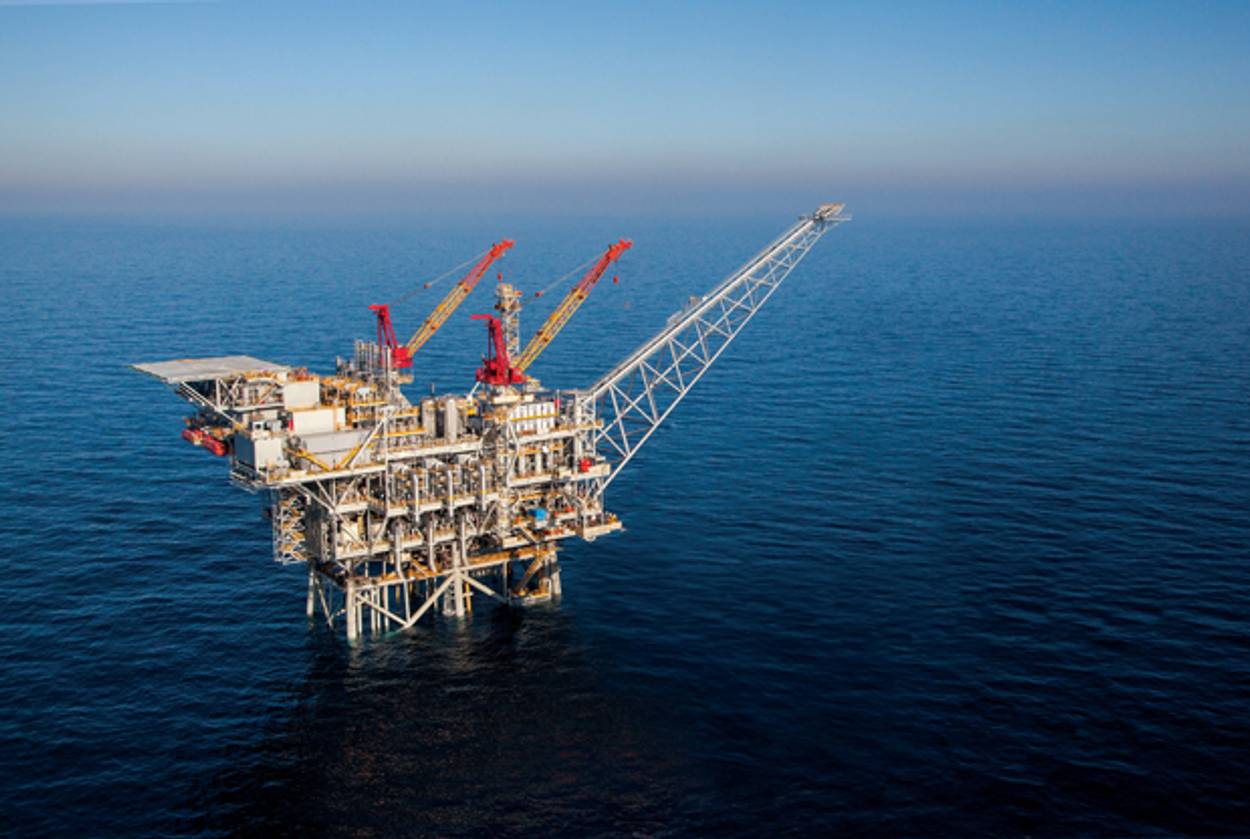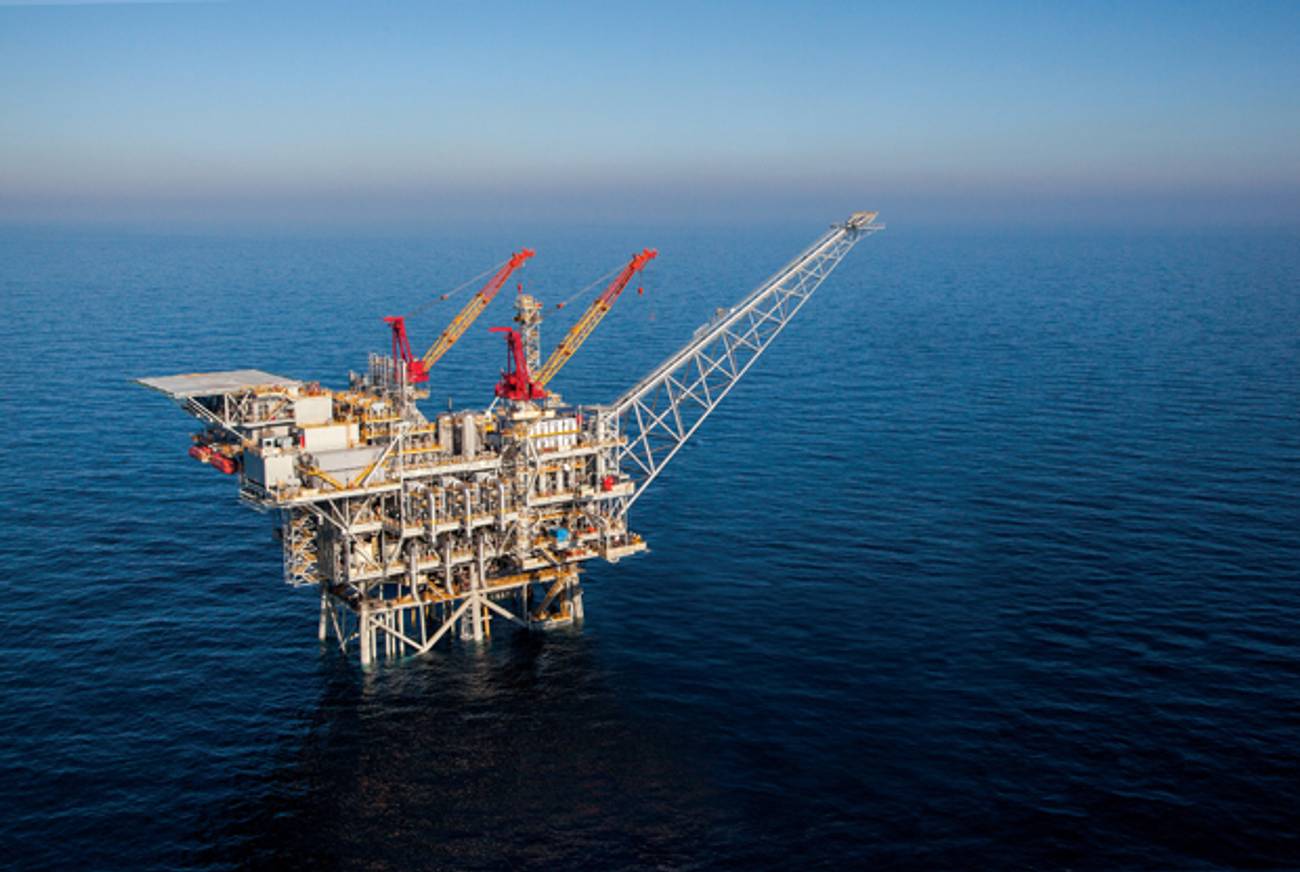Israel Approves Natural Gas Export
Will keep 60 percent of offshore reserves, export 40 percent




Reuters reports that Israeli Prime Minister Benjamin Netanyahu announced Israel would save 60 percent of its natural gas found in the Mediterranean Sea for local consumption and export the remaining 40 percent to the global market.
Last summer, Lee Smith wrote that the Tamar field, which is nearly 50 miles off Haifa and was discovered in 2009, is “estimated to contain 9 trillion cubic feet of natural gas, while the Leviathan field, discovered further west in June 2010, is double that at 18 trillion cubic feet, one of the largest offshore finds in the last decade.”
According to Haaretz, the plan, which disappointed environmental groups, will allow Jordan to begin receiving 20 bcm of natural gas exports from Tamar immediately. The Palestinian Authority will receive gas soon.
“Thanks to the decisions made today, every Israeli citizen will enjoy this gift,” Netanyahu said after the vote, referring to the huge offshore natural gas reserves discovered in recent years. “We will be able to lower the cost of electricity with the gas flowing into the Israeli economy, and we will invest in the public’s welfare with the profit accruing to the state from gas exports.”
While eighteen ministers sanctioned the plan, three opposed it, claiming that Israel should keep its natural gas for itself to secure its own energy for decades to come. Haaretz explains:
Those favoring a large domestic quota or no exports at all say Israel will benefit from plentiful, clean energy and ensure its energy security for decades. Opponents say exports will foster the development of more fields and give Israel a strategic asset such as close ties with Jordan.
JTA reports that revenue from the exports should reach $60 billion.
According to the Jerusalem Post, a petition is being signed to order Knesset approval of the plan.
“Despite the enormous importance of the decision and despite the obligation to anchor it in the legislative framework of the Knesset, the Israeli government refrained from taking the requested democratic side and decided to avoid bringing the subject for a democratic, transparent and comprehensive discussion in the Knesset,” the petition reads.
Netanyahu, however, warned of Knesset approval because he said it would delay the impending revenue from the natural gas.
Related: Gas Pains [Tablet Magazine]
Previous: Sabotage Foreshadows Israel’s Energy Future
Romy Zipken is a writer and editor at Jewcy. Her Twitter feed is @RomyZipken.